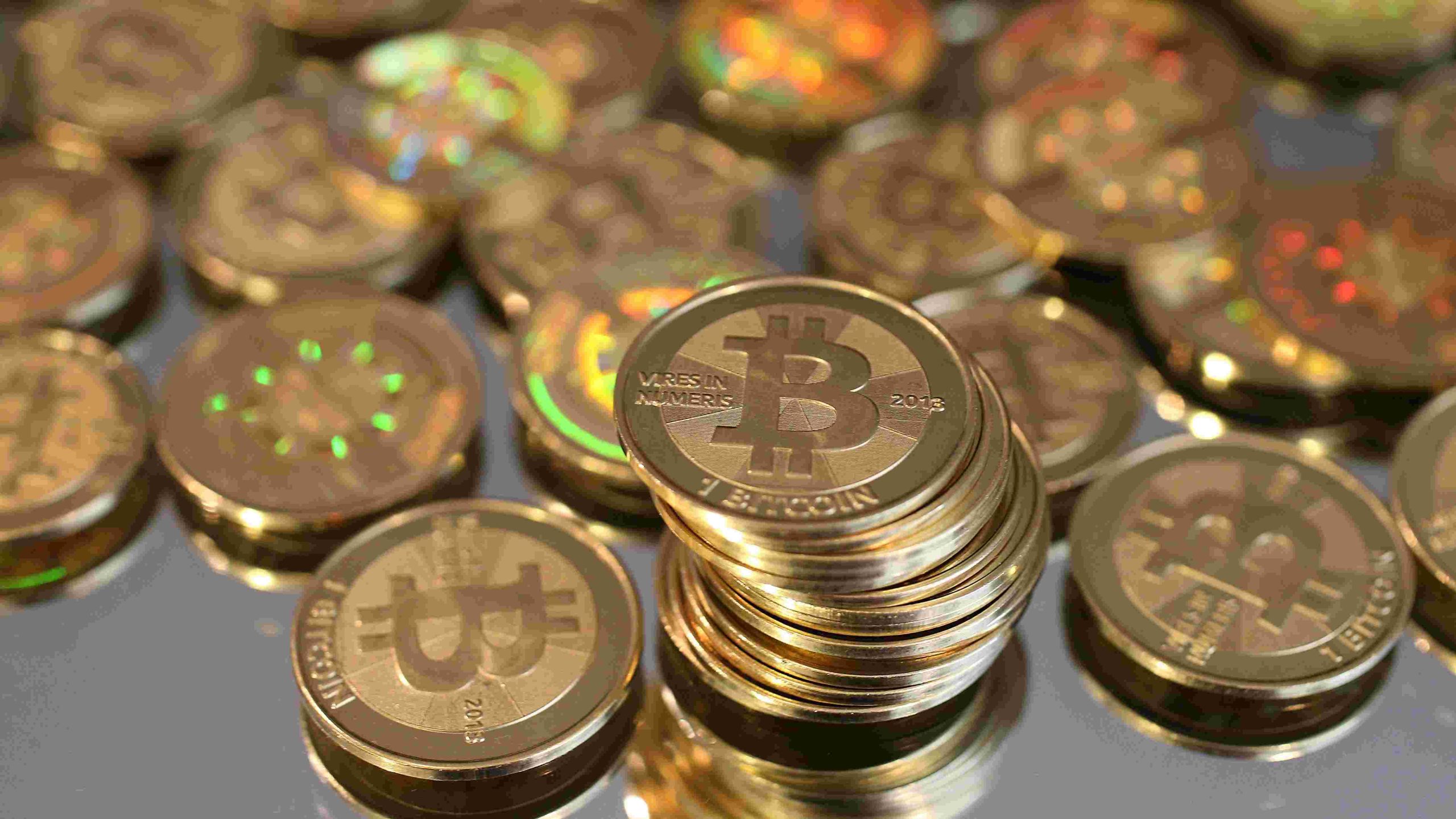
The growth of blockchain has shifted how people interact with monetary systems. Among these systems, Ethereum has reshaped open finance possibilities by creating trusted applications for diverse users. Its programmable contracts allow secure exchanges without traditional intermediaries, giving rise to new forms of inclusive operations. Many builders now use these tools to design models that focus on transparency while reducing reliance on central authorities. This approach has encouraged constant improvements across connected platforms where users explore fairer options for their activities. The reach of these changes continues to expand with constant adoption in global networks.
Smart Contracts
- Automated agreements perform actions once set conditions are met securely.
- Reduce reliance on costly intermediaries ensuring smoother processes for users.
- Promote fairness by following transparent coded instructions without human errors.
- Enable flexible customization matching needs across different financial activities.
- Allow creators to design solutions that address specialized community requirements.
- Increase efficiency for applications by removing unnecessary manual interactions.
Token Systems
- Digital tokens represent ownership rights across varied blockchain platforms.
- Enable seamless transfers with faster settlement compared to traditional channels.
- Tokens often grant holders voting rights for governance within projects.
- Provide flexibility to move value across multiple decentralized applications.
- Support fundraising models that encourage innovation from small scale developers.
- Offer transparent tracking of assets recorded immutably across open networks.

Lending Platforms
- Allow borrowers to access funds through collateralized assets securely.
- Provide lenders steady interest returns without relying on intermediaries.
- Enhance inclusivity by offering access to global participants easily.
- Ensure transparency with transactions recorded on blockchain networks immutably.
- Reduce delays in settlement by using smart automated instructions.
- Improve overall accessibility by removing restrictions seen in conventional banking.
Liquidity Pools
- Collective resources allow smoother trades across decentralized exchanges efficiently.
- Incentivize contributors with rewards for maintaining network stability.
- Reduce price fluctuations by providing balanced reserves for traders.
- Enable continuous availability of assets for instant market interactions.
- Encourage user participation by offering returns on pooled deposits.
- Facilitate new products that depend on community driven resource sharing.
Governance Models
- Community participants decide directions by using voting rights effectively.
- Encourage fairer structures where power spreads among different holders.
- Support updates by requiring consensus through transparent mechanisms.
- Improve resilience by reducing risks linked to central decision makers.
- Promote accountability since decisions remain publicly verifiable always.
- Ethereum supports frameworks enabling builders to test diverse governance approaches.
The evolution of open finance demonstrates lasting influence by distributed technologies on global exchanges. Trustless systems empower communities by lowering costs while offering more choices across varied needs. Programmable networks encourage constant updates ensuring stability with rapid transformations. Emerging tools now reshape cooperation, bringing opportunities for collective growth across different groups.






